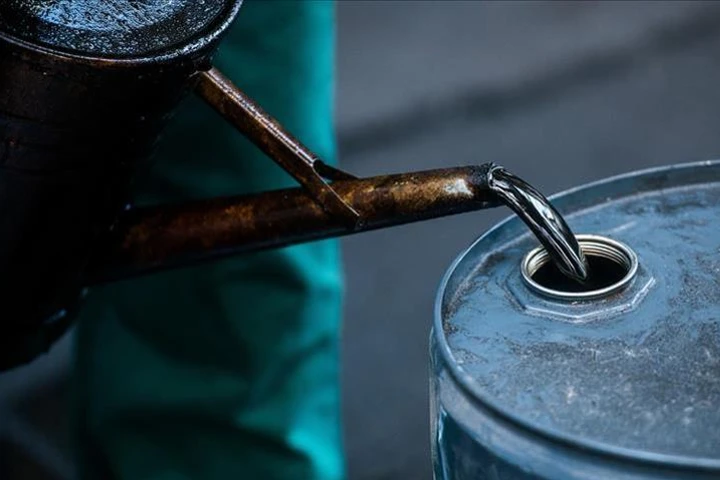In a major breakthrough, the BRICS (Brazil-Russia-India-China-South Africa) bloc is now officially ready to expand. Six new countries — Argentina, Saudi Arabia, UAE, Iran, Egypt, and Ethiopia have been invited to join the bloc. The inclusion of these countries, rich in crude oil and other energy products, will have a far reaching impact as it will boost energy security and cooperation among members. The expansion of the BRICS bloc will also strengthen the voice of the Global South.
“As a five BRICS countries, we have reached an agreement on the guiding principles, standards, criteria, and procedures on the BRICS expansion process which has been in discussion for quite a while,” South Africa’s President Cyril Ramaphosa, who is currently the chair of the BRICS bloc told the media.
“We have consensus on the first phase of this expansion process and other phases will follow.”
A host of other nations is also waiting to join the grouping. Importantly, the exercise could alter the energy supply chain framework amid rising global economic challenges.
The US is the largest oil producer in the world. Saudi Arabia is the second largest oil producer but is the top exporter. Russia is the third largest exporter in the world. Since last year, Russia has been supplying a bulk of crude to India and China after the West led sanctions came into effect.
Russia, Brazil and China, which also rank among the top oil producers in the world, are already part of the bloc that represents the emerging economies.
Together the bloc could even undermine other key groups such as the Group of Seven (G7).
With this expansion the bloc will now boast 44.35 per cent of global oil reserves, according to TASS’ calculations based on official data. The Russian news agency said that this would mean that BRICS will overtake the G7 nations (US, UK, Germany, Italy, Canada, France, Japan), which have only a 3.9 per cent share.
Until last year, Saudi Arabia produced about 11 million barrels a day while Russia produced 10.9 million. The UAE produced approximately 3.7 million barrels a day and Iran 3.6 million. Notably, Iran is also under US led sanctions. However, recently, the Organization of the Petroleum Exporting Countries (OPEC) decided to cut production leading to some reduction in output.
Amid changing world order, the 15th BRICS summit has caught the attention of the world like never before.
The expansion is likely to further push the de-dollarisation exercise as well with many of these countries trading among each other in currencies other than the US dollar.
Oilrpice.com in a report said that a “mutual skepticism” binds the BRICS countries which are spread across continents with distinctive economic models. “They question a world order seemingly skewed towards the interests of the US and its allies. An order they believe sets global norms that the West expects others to follow, without always adhering to them themselves,” it said.
Also read: Will BRICS summit in Johannesburg step up de-dollarisation drive?




















